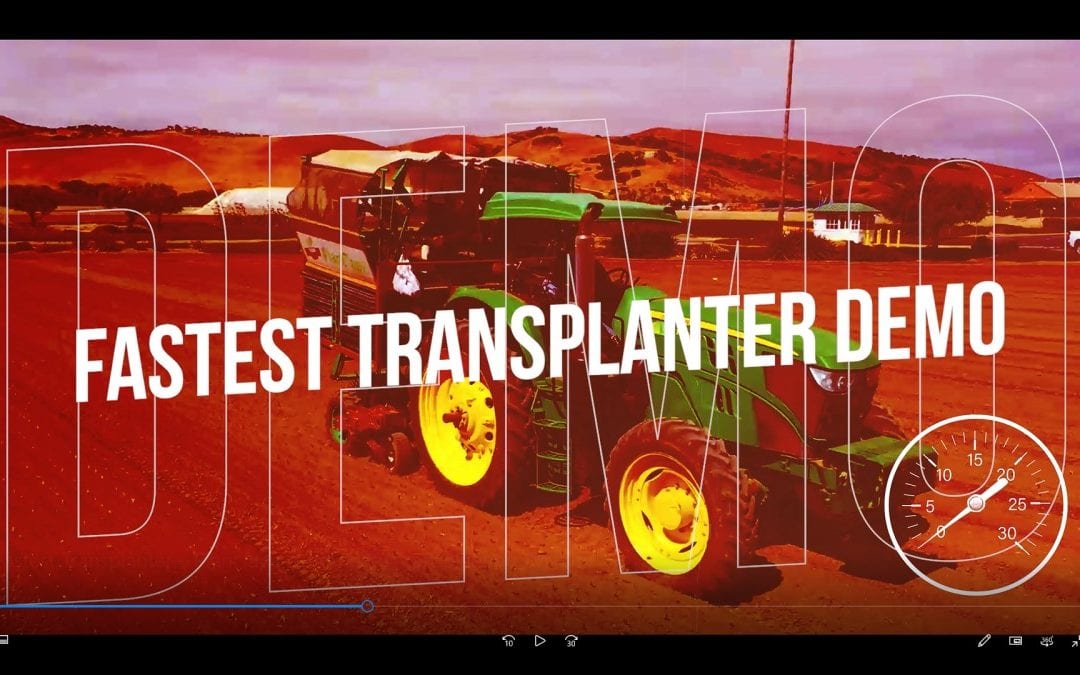
The World’s Fastest Transplanter
PlantTape’s 3-point transplanter is fast. How fast? We decided to find out. We took it to the field with the intention of discovering the top speed at which the planter could still plant with precision. Growers typically operate our machine at 1-6 mph, depending on the crop planted and soil type. The limiting factor on the speed, however, is not actually the transplanter, but is limited by the crew’s ability to keep up with feeding the tape into the planting modules. PlantTape requires only two workers (not including the tractor driver), and a primary task of these two individuals is clipping the tape from different nursery trays together for a seamless pull-through by the planting modules.
A Word on PlantTape Nursery Trays and Tape
As we explain in our automated transplanter page, our transplanter’s planting modules pull the tape (which holds the seedlings) from nursery trays, cut the tape between plants, and place each seedling into the soil. A PlantTape transplanter holds 68 trays of seedlings. At 840 plants per tray, that’s about 57,000 plants. With each tray’s tape clipped to the beginning of the next tray’s tape, an ultralong, unbroken tape can be pulled through the modules.
PlantTape’s Rate-Limiting Factor for Transplanting
The limiting factor for the top transplanting speed is not the transplanter itself, but rather the crew’s ability to keep up with the speed of the machine to clip the tape together, tray-to-tray. If the tape is flying out of the trays faster than the crew can clip it, the transplanter out paces the two people and the tape ends. The rate at which the tape leaves the trays depends on two factors: plant-to-plant spacing, and ground speed. If plant-to-plant spacing is wider—say for hemp or tomatoes—the crew can keep pace with a higher ground speed. With a crop such as onions or lettuce, however, a tight plant-to-plant spacing means that the tape will be leaving the trays at more velocity, given equal ground speed.
Planter Modules Calibrated to Transplanter Ground Speed
PlantTape’s transplanter stands apart from the competition in its ability to calibrate the planting rates of its modules to the machine’s ground speed. If the tractor driver speeds up or slows down, plant spacing stays consistent as the modules adjust their rate to compensate. In contrast, other transplanters’ ground drive systems can’t automatically calibrate their planting rate to ground speed, so they rely on specific ground speeds to achieve a target plant spacing. Automatic planting rate calibration: yet another advantage of the PlantTape system.
So How Fast Can the PlantTape Transplanter Go?
Danielle Michaels recalls her days in the field (currently, Danielle serves as PlantTape’s North American Sales Director with a particular tractor driver who “suddenly started going 10mph” during a day of vegetable transplanting. “The transplanter planted just fine,” she remembers, “but the ride got a bit bumpy for the crew.” A 10 mph transplanter is ultrafast by industry standards, but the team at PlantTape suspected the machine could plant with precision at much higher speeds. To find the transplanter’s top planting speed, a PlantTape crew, , hitched one of our transplanters to a John Deere 6150 tractor and achieved sustained speeds of 20 mph. The planting modules still delivered each seedling into the soil with the same precision as at lower speeds. “We would never recommend going this fast for production acres,” Michaels admits, “but this is just for fun, to see how fast it would go.” Until we receive notice of our record being overturned, PlantTape is laying claim to the world’s fastest transplanter. Watch the PlantTape “Fastest Transplanter” Youtube video of the demo.
About PlantTape
PlantTape represents an entire automated transplanting system, of which our fast transplanter is one component.
- Sowing: it all begins with our automated sowing system, which seeds our tape.
- Nursery: PlantTape empowers high-yield nursery operations by more than doubling greenhouse throughput.
- Transplanting: our 3-point planter is the fastest, most efficient transplanter on the planet.
The entire process, from sowing through transplanting, is enabled by our trademark plant tape: a tape that holds seeds, and later seedlings, through the entire cycle. Growers of vegetables, tomatoes, and hemp have revolutionized their operations with PlantTape. Our customers have reduced labor costs by as much as 80%, increased crop yield, and introduced other efficiencies to their operations.
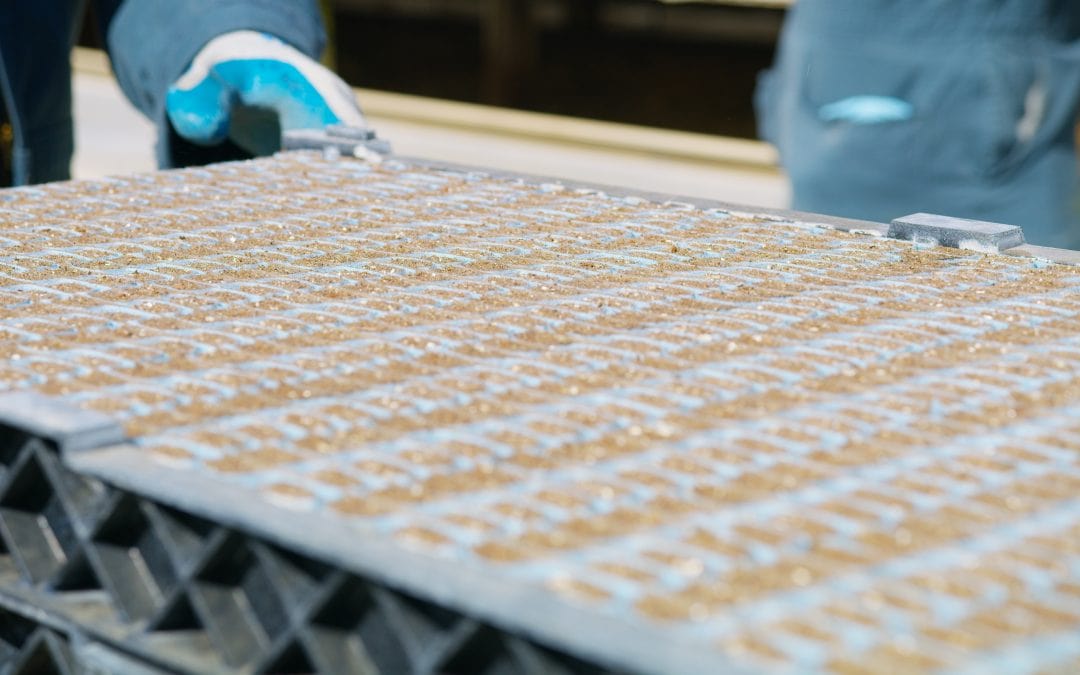
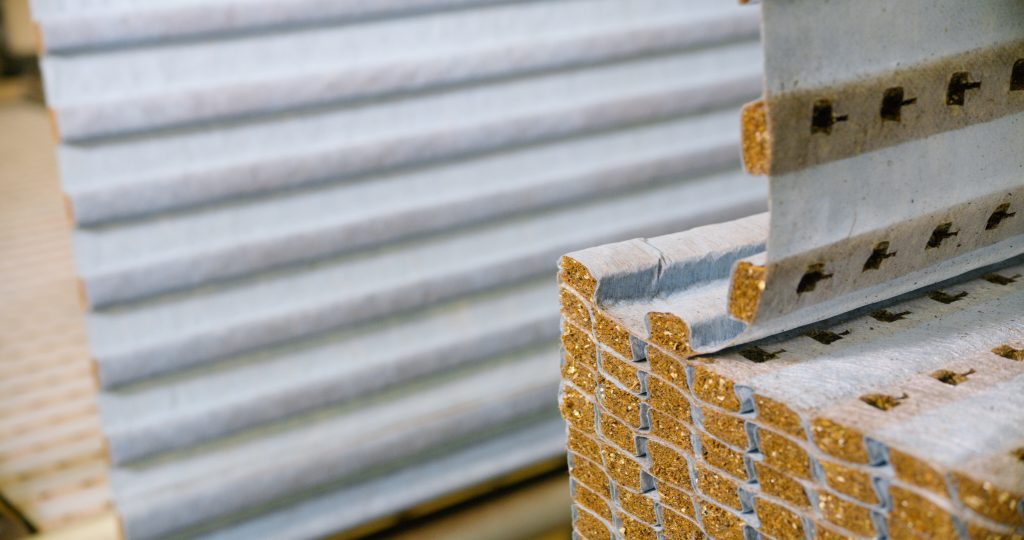
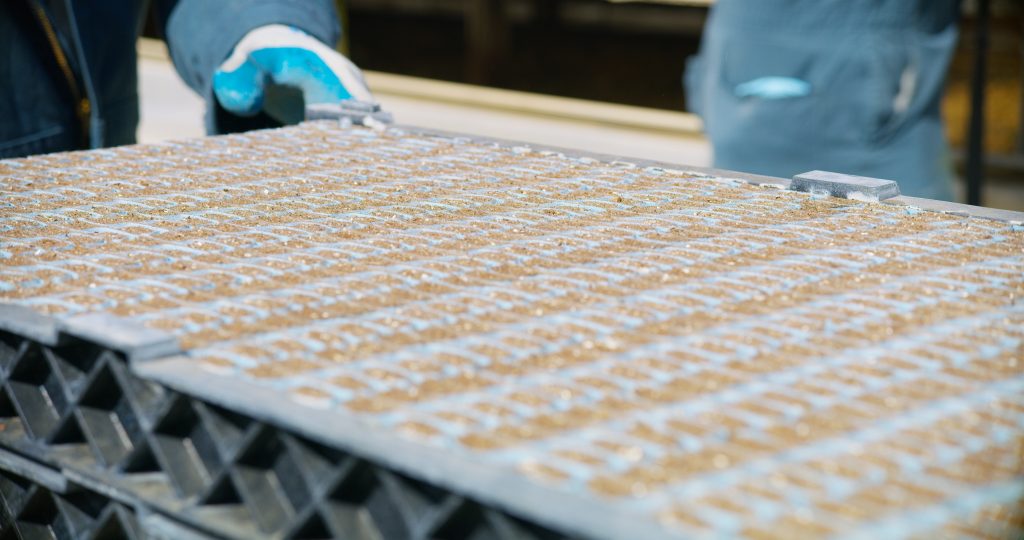
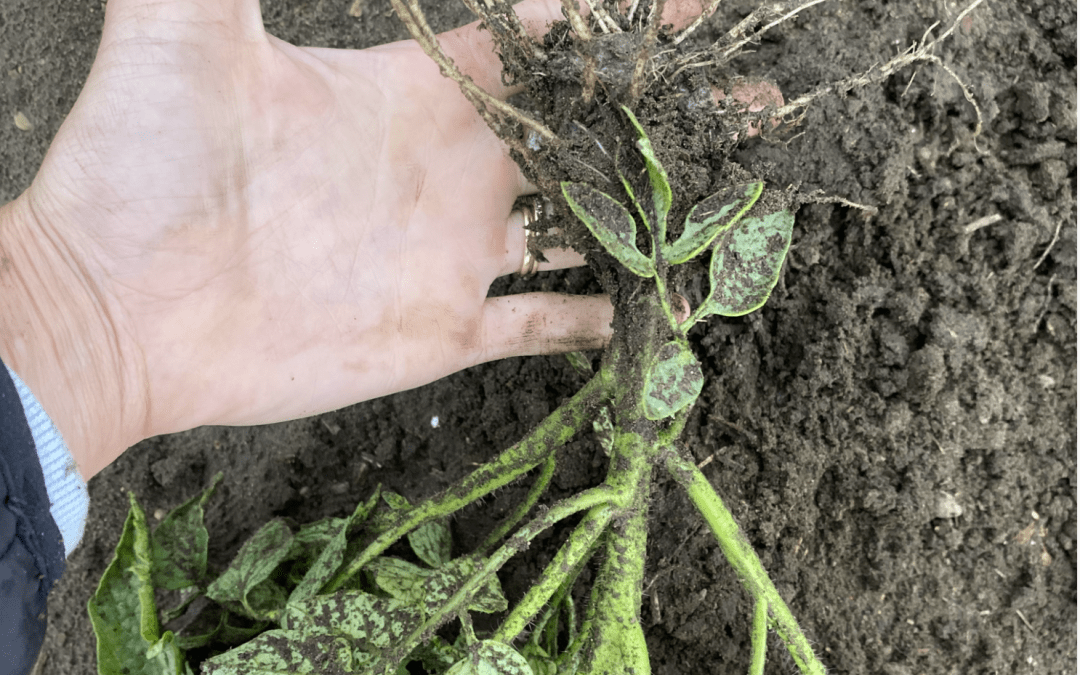
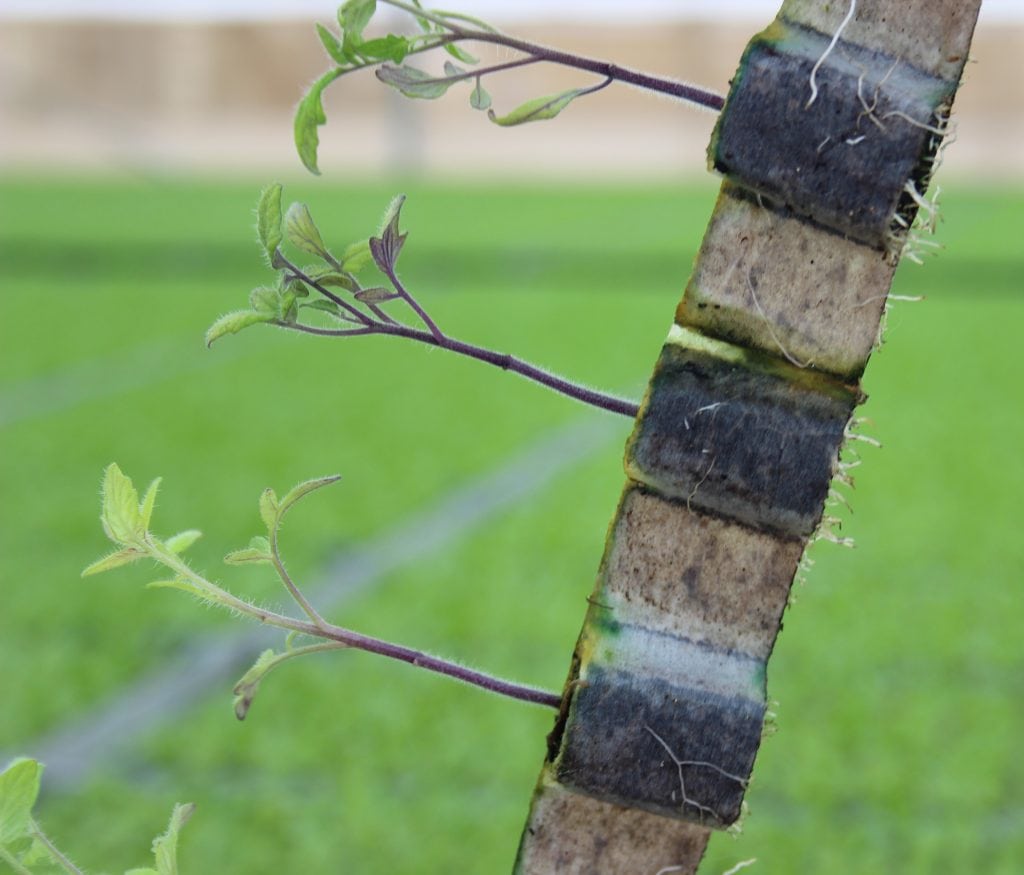
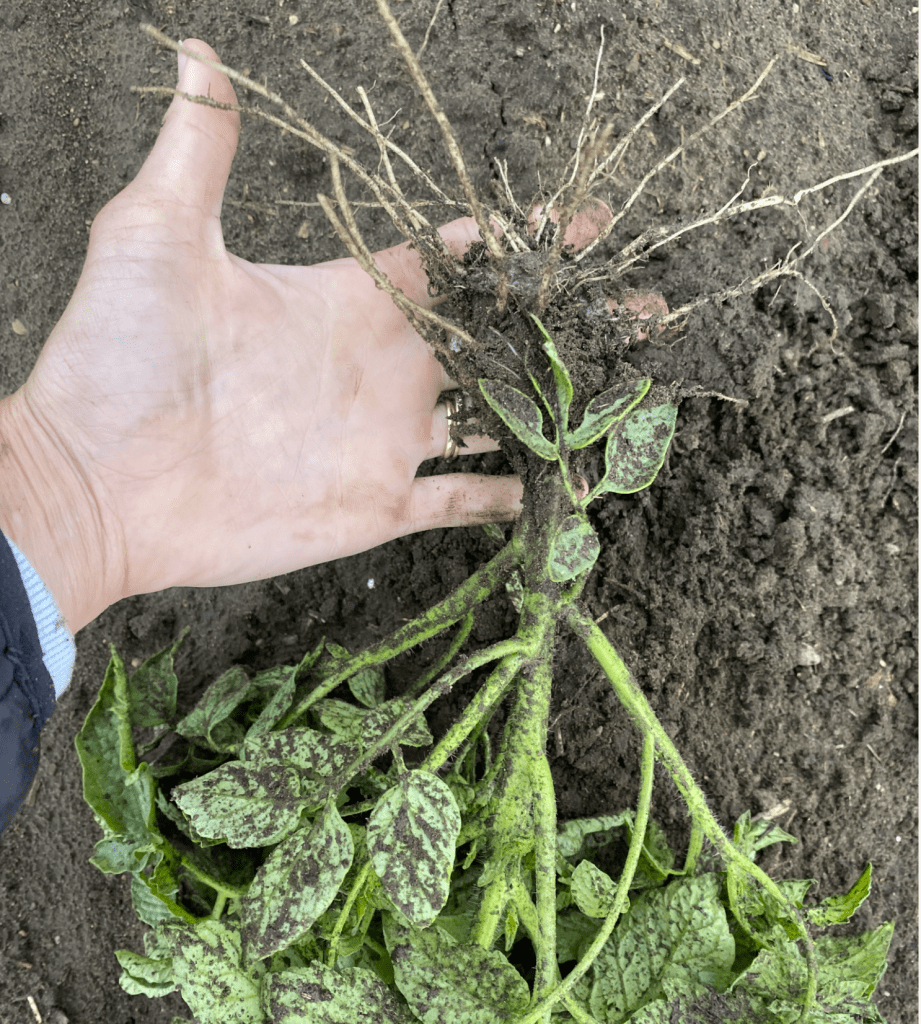
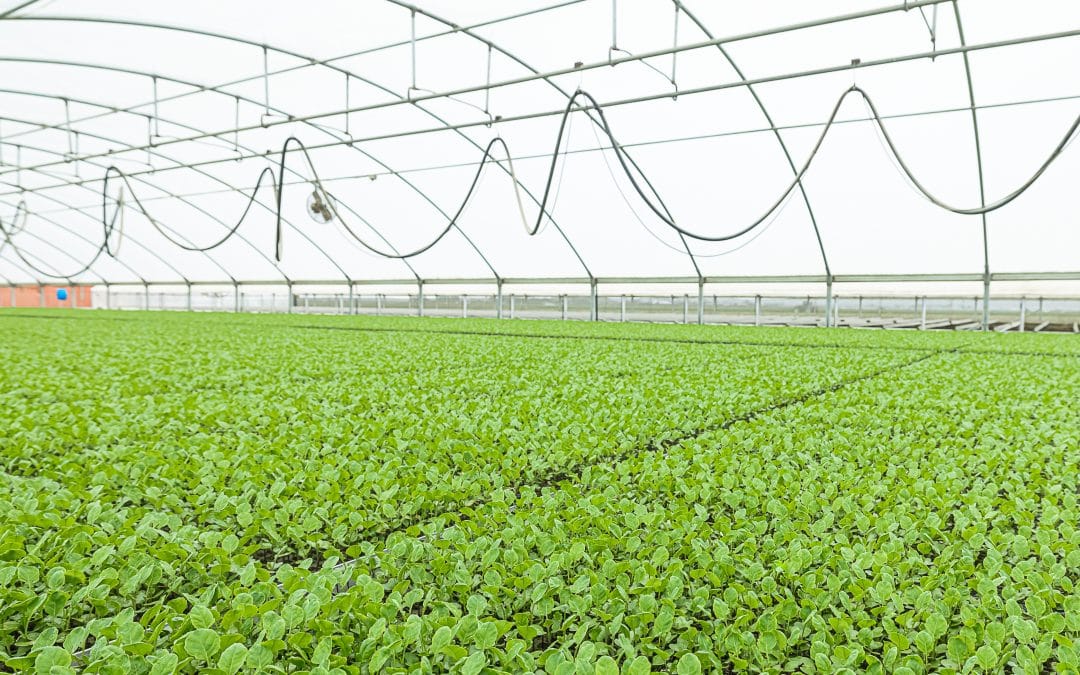
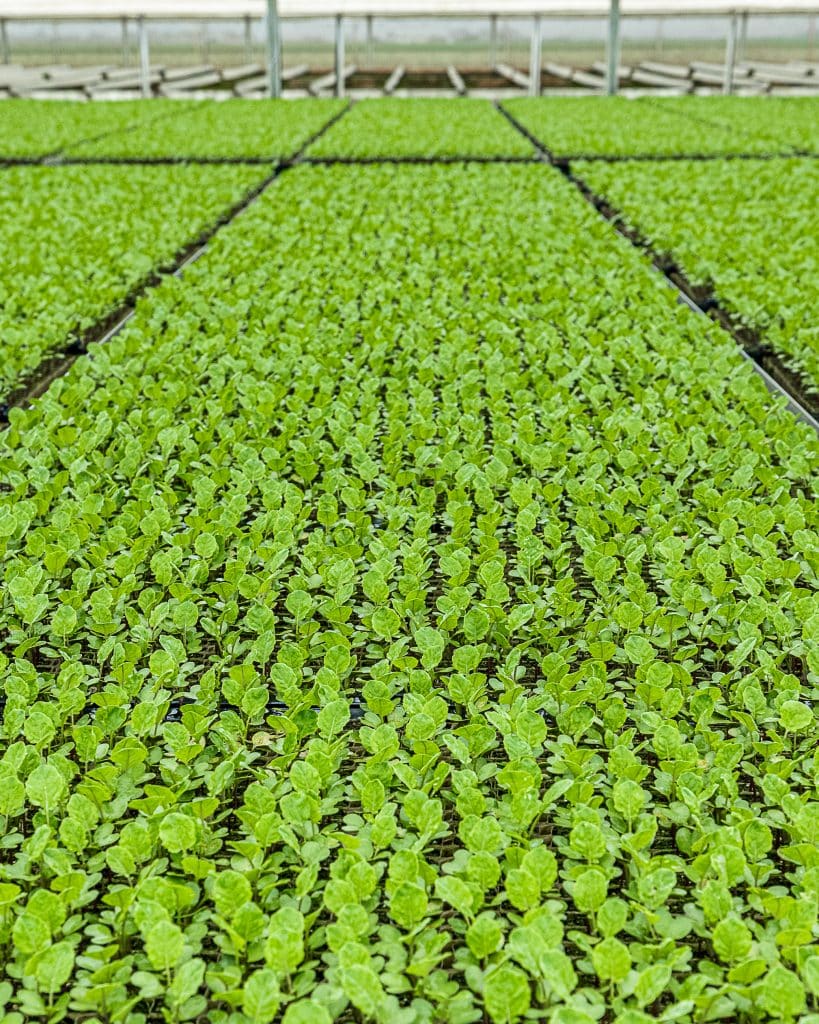
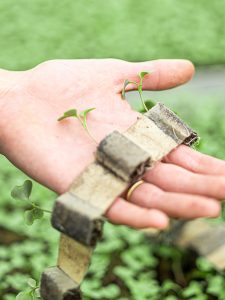
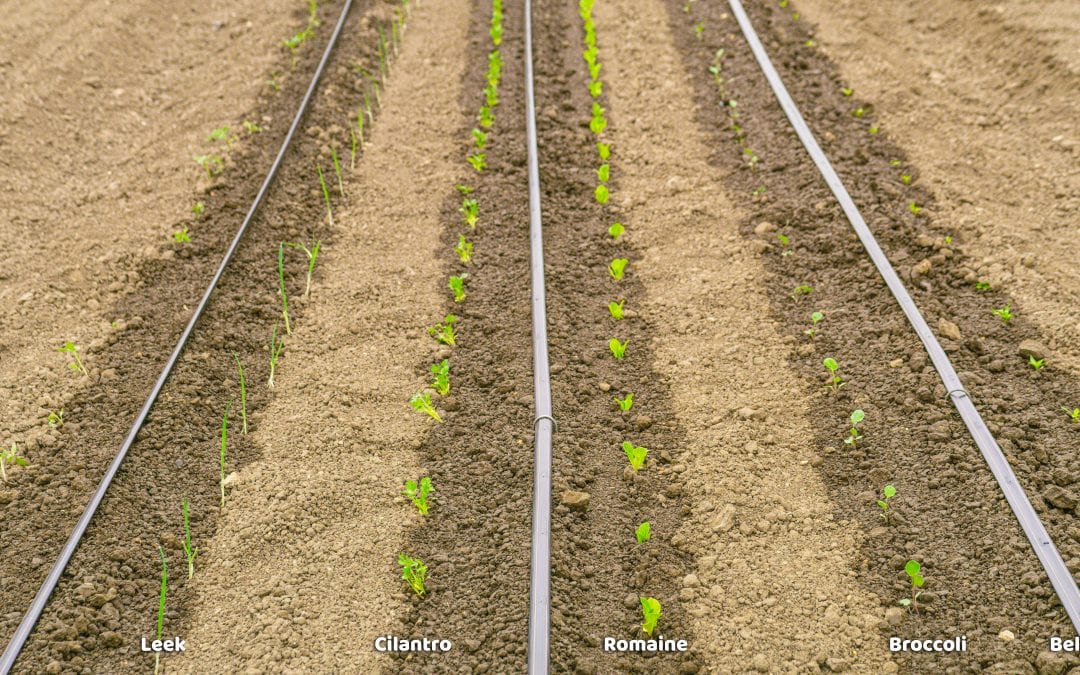
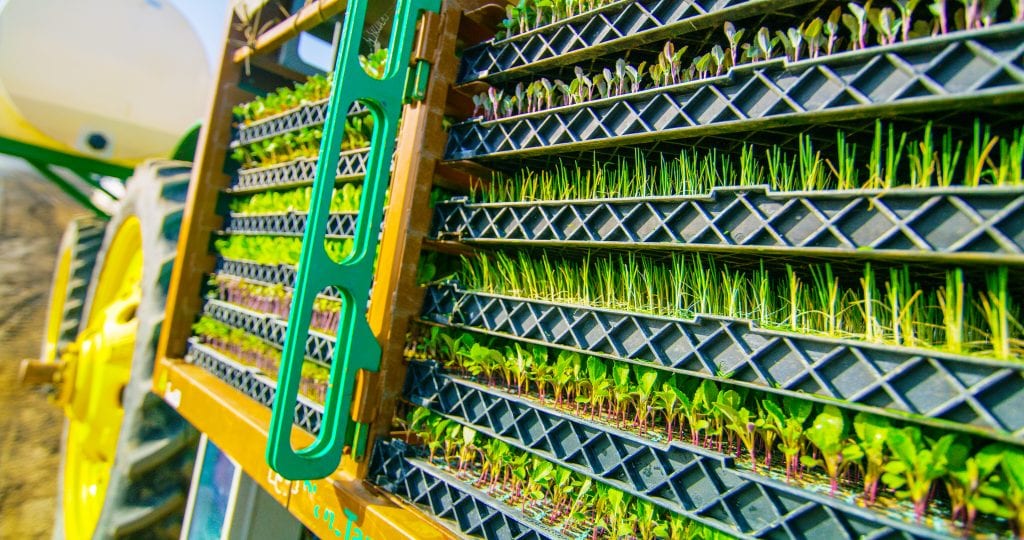
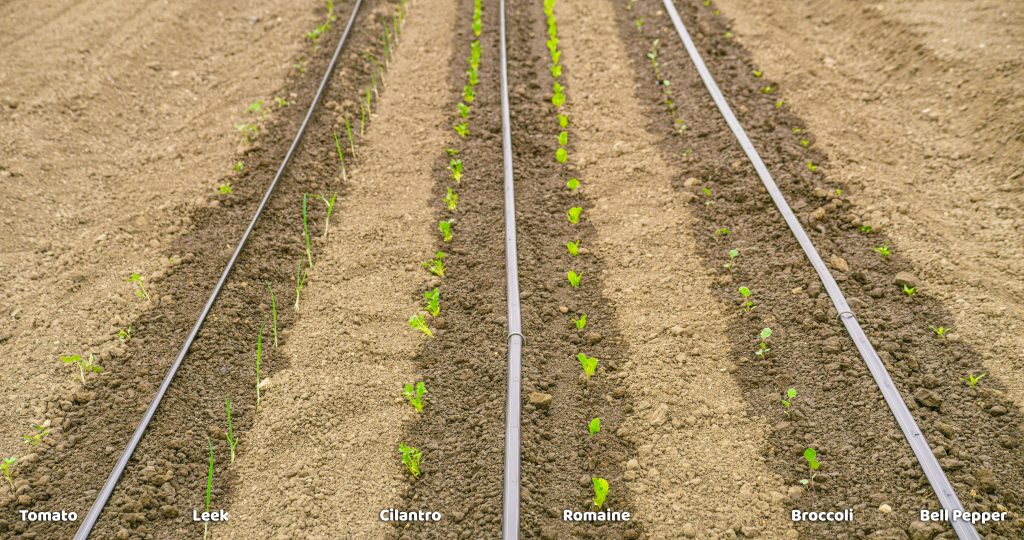
Recent Comments